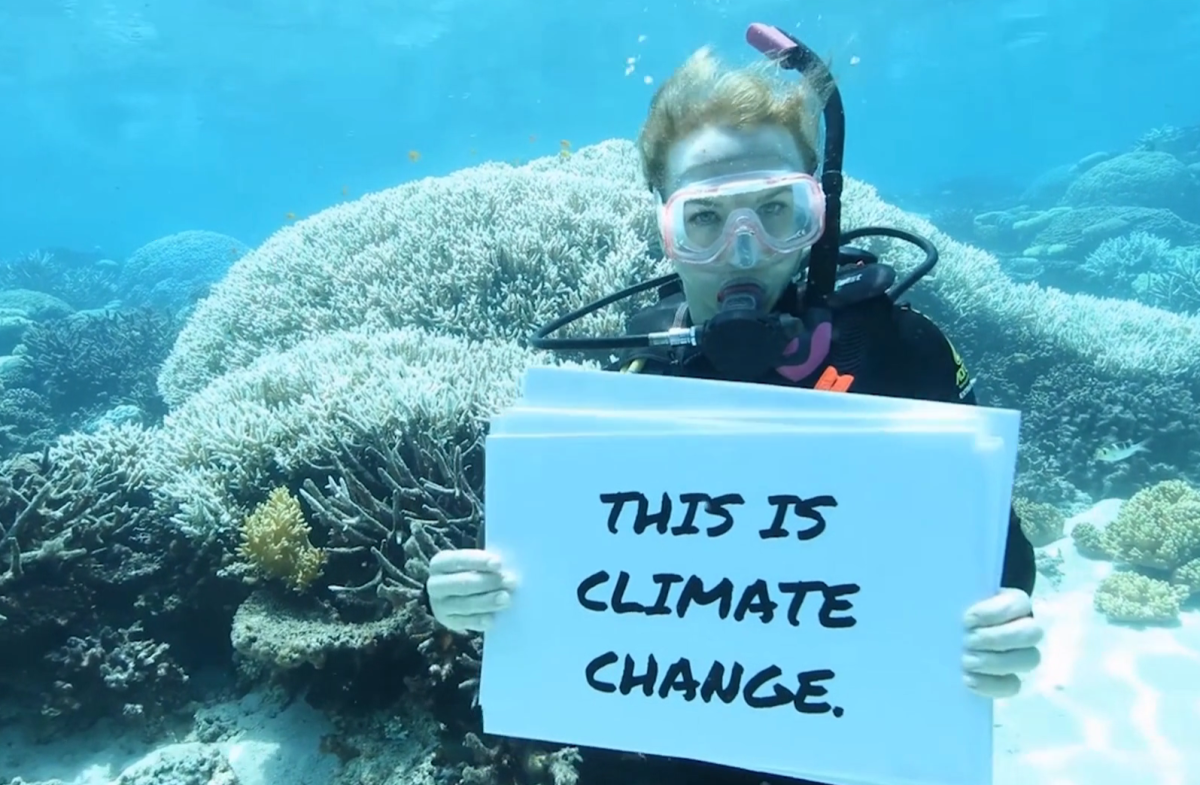coral reefs worldwide face the impacts of climate change since human-caused global warming has led to the heating of the earth’s atmosphere and the elevated surface temperature of ocean waters. the microscopic algae living in coral polyps and contributing to the health of coral, called zooxanthellae, are sensitive to higher temperatures. therefore, a slight increase in the ocean temperature results in the expulsion of the zooxanthellae by the corals, exposing their limestone skeleton and leading to the whitening or bleaching of the coral tissues. when these bleached corals are exposed to warmer ocean waters for several days at a stretch, the corals will eventually die and the reef will turn into a barren habitat. it has been estimated that the optimal water temperature facilitating coral growth is around 20-28°C. however, if the water temperature becomes lower than 18°C or increases above 30°C, most of the corals will be bleached. with global warming continuing to heat the planet unabatedly, coral bleaching is expected to become more severe.
one of the world’s most fragile ecosystems
threats to coral reefs
